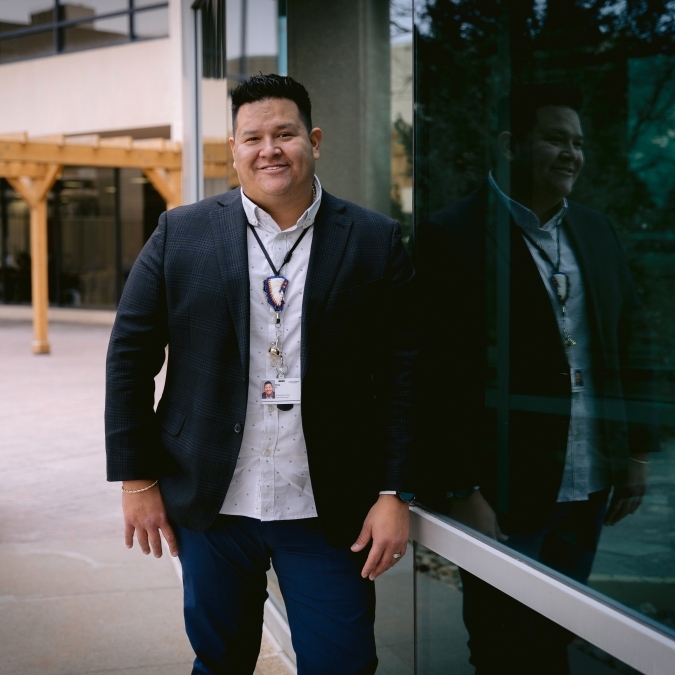What is heart failure, and how does it differ from other heart conditions?
Approximately 6.2 million adults in the United States are living with heart failure, which is a chronic condition where the heart is unable to pump properly so it can't meet the body’s need for blood and oxygen. Having heart failure does not mean your heart has failed or stopped working — it just isn’t working properly or as efficiently as it should.
Heart failure differs from other heart conditions like heart attack or arrhythmias because it’s a long-term problem. There are several potential causes, like high blood pressure, coronary artery disease, hypertension, heart attack or arrhythmia.
What are the common symptoms of heart failure, and when should I see a doctor?
The most common symptoms of heart failure are shortness of breath or trouble breathing, persistent cough or wheezing that’s prominent at night, an inability to sleep flat, leg swelling, fatigue and leg weakness, rapid weight gain, lack of appetite and nausea. If the heart function is especially low or inefficient, people may experience confusion, dizziness, trouble concentrating and even fainting. If someone experiences these symptoms, especially if they worsen over time, it’s essential to consult a health care professional.
What are the different types of heart failure, and how are they diagnosed?
Heart failure can be categorized into systolic and diastolic heart failure. Systolic heart failure, also known as reduced ejection fraction, is the most common type. In systolic heart failure, the muscle slowly weakens and loses the ability to pump blood. Because the heart is unable to pump enough blood, it typically grows in size while the muscle gets thinner. In diastolic heart failure, also known as preserved ejection fraction, the heart has lost the ability to relax normally because the muscle has become stiff. The stiffness leads to elevated pressures in the heart and lungs, which in turn prevents the heart from functioning as it should.
In these cases, the heart appears normal but with a smaller cavity and harder, thicker muscle, in varying stages of severity. Diagnosis involves a combination of physical exams, medical history, imaging tests and lab work to assess the heart’s function and
determine the type and stage of heart failure.
Can heart failure be prevented, and what lifestyle changes can help reduce the risk?
While heart failure cannot always be prevented, lifestyle changes like maintaining a healthy weight, managing blood pressure, thyroid problems, diabetes and cholesterol, exercising regularly and avoiding smoking can significantly reduce the risk.
How can heart failure be managed?
There are several medications that can improve heart failure symptoms and keep patients from being admitted to the hospital for heart failure. Most patients will require ARBs or ARNIs, beta-blockers, aldosterone blockers and SGLT2 inhibitors to treat their heart failure and sometimes we use diuretics to get rid of excess water. It’s important to understand that all of these medications work together. When taken properly, following the provider’s instructions, they will help strengthen the heart by reducing its workload, improving its pumping ability and managing fluid retention.
It’s also important for heart failure patients to manage their diet. This will include reducing
sodium intake, managing fluid intake and focusing on fresh foods, such as fruits and vegetables. It can be helpful to consult with a registered dietitian.
Similarly, exercise can be beneficial for individuals with heart failure, but it should be done under the guidance of a health care provider. Cardiologists can recommend safe exercises like walking, swimming or stationary cycling, tailored to each patient's needs.
Are there any new and innovative treatments for heart failure on the horizon?
There are exciting developments in heart failure treatment, including new drugs, advanced devices and gene therapies. Cardiologists with advanced heart failure training are well positioned to offer these cutting-edge treatments when appropriate, and provide guidance on the best options for each individual patient.
Photos by Bob Slocum




